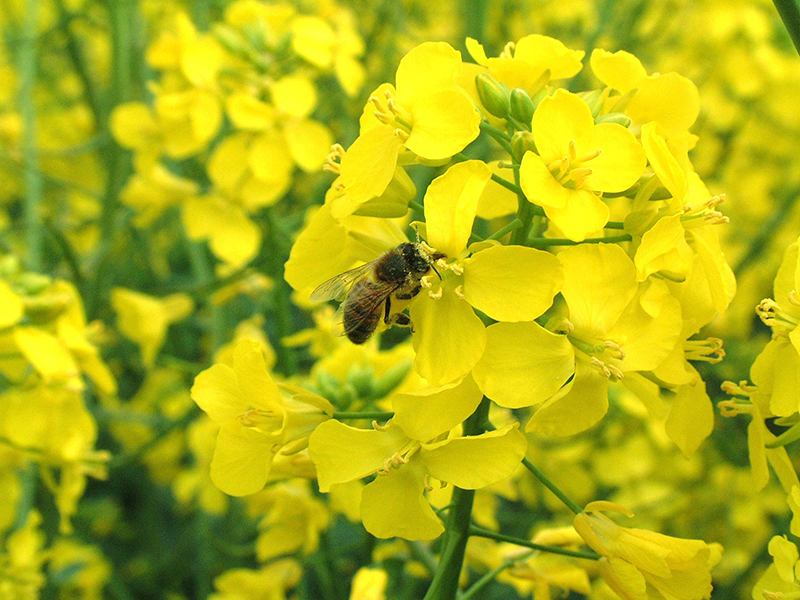Actions Terres Inovia : favoriser les processus naturels - Institutionnel
Favoring natural processes
The hazards of climate and economics, technical and environmental dead-ends and health and biodiversity issues are bringing into ever clearer focus the urgent need to transform agriculture, which is currently managed mostly through inputs. Terres Inovia is contributing to this agroecological transition by favoring the appropriation, by agricultural actors, of the natural processes of ecosystems to service sustainable agriculture, with two complementary goals: respecting the environment in terms of societal demands and enabling agricultural production to benefit from biological processes.
Contact : Anne Schneider
a.schneider@terresinovia.fr

Our goals
To implement ecosystem services by integrating them into the value chains of agricultural sectors and political measures;
To favor key services for agrosystems with support from collective organizations on the ground and volunteer farmers;
To increase our knowledge in areas in which biological processes play a greater role than inputs: functional biodiversity through rotation-based and territorial strategies, symbiotic nitrogen from legumes, soil fertility for resilience and robustness, and decreasing pollutant levels through the use of low-input systems with no losses to the environment.